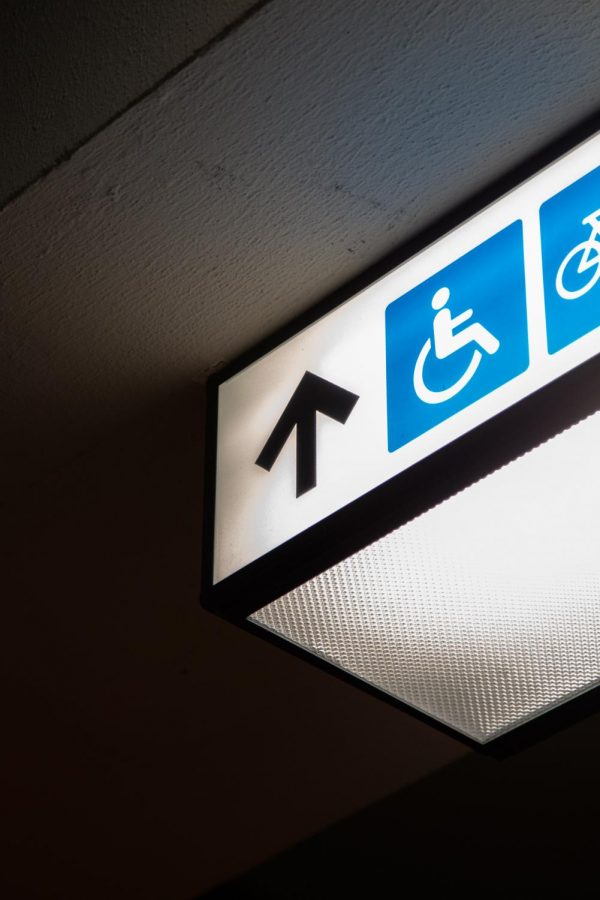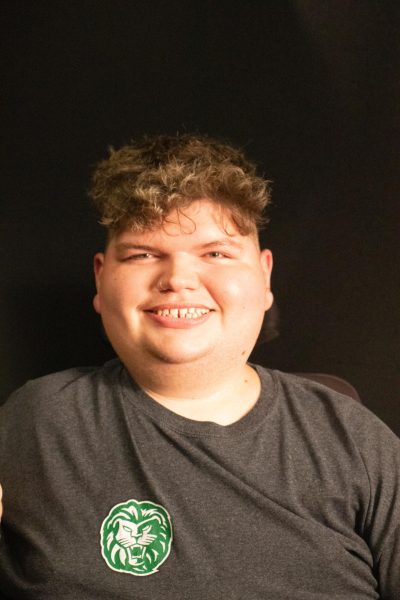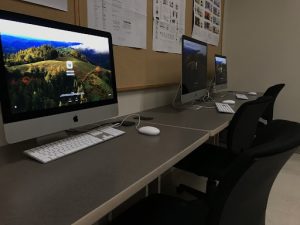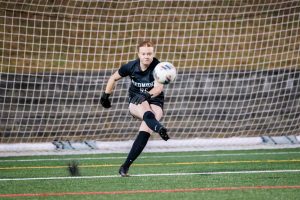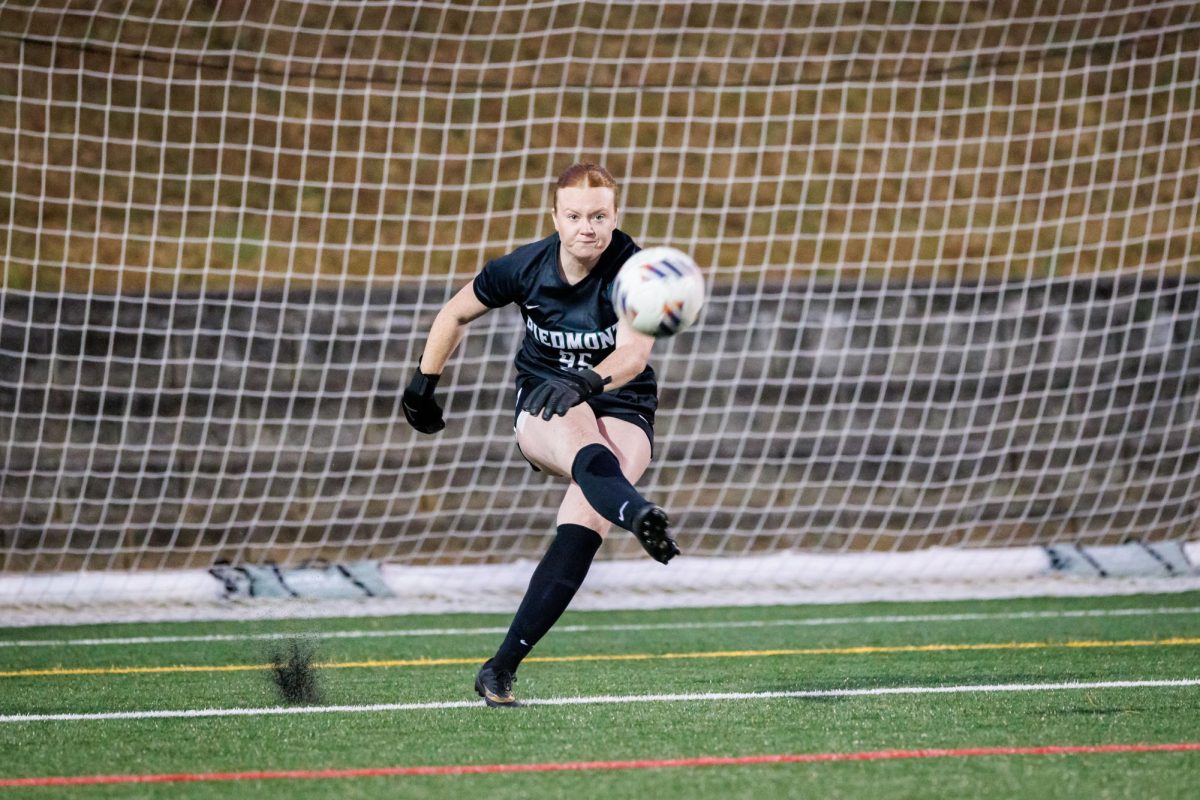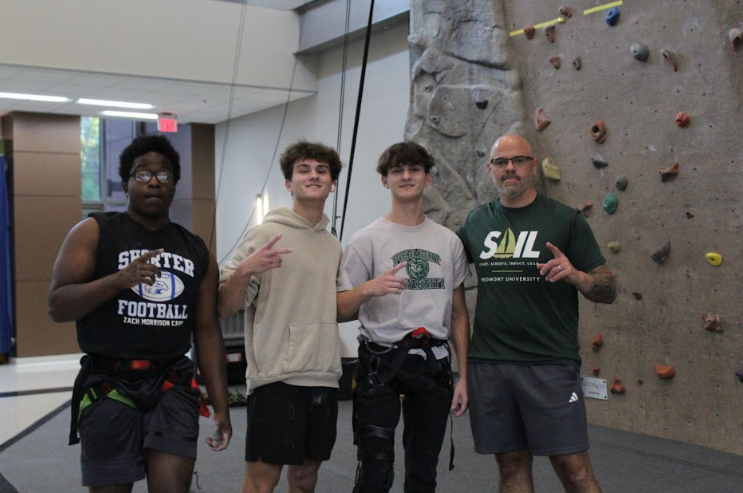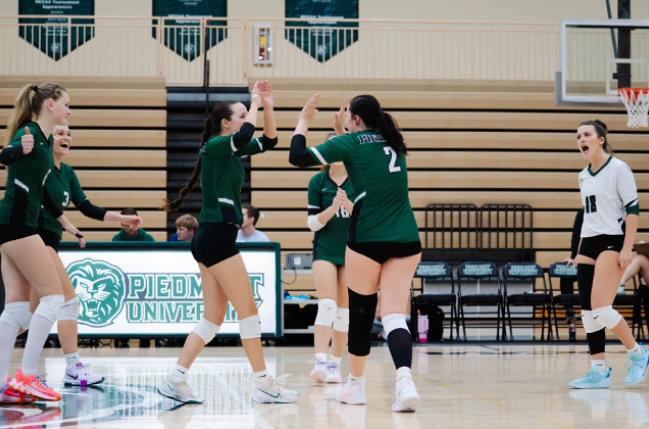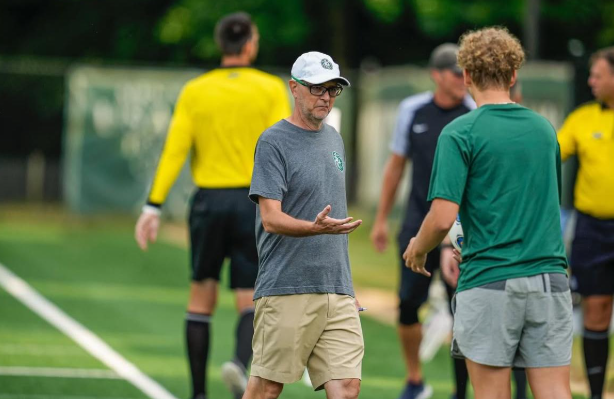Just Talk to Me: Having True Friendships is Hard
October 8, 2020
Being the only kid in a wheelchair in elementary school was difficult.
When a 7-year-old kid sees a wheelchair for the first time, they are going to avoid it. According to specialneedsplanning.net, approximately 2.8 million kids have disabilities. Yet, the conversation around disability, wheelchairs specifically, is not talked about enough with children. This is the reason I did not have many close friends growing up. There were kids that would tolerate being around me, but they would leave as soon as they had the chance. There were always people talking behind my back, specifically about how different I am because of something out of my control.
If someone does talk to me, they use the “baby” voice or act differently. It is important for people to know how to act around people with disabilities. You should always talk directly to the person who has the disability, not to the aid. If the disabled person cannot talk, the aid will jump into the conversation. It is always okay to ask if someone with a disability needs help, but if they decline the offer, do not do it anyway. Respect their choice to be independent and do not force help onto that person. Never be ashamed to ask about someone’s disability, but remember they do not have to talk about their private life. There are other “rules” to follow when interacting with a disabled person.
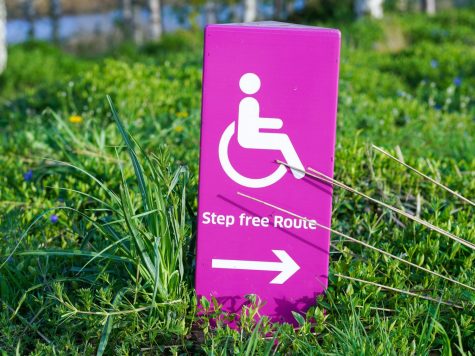
A conversation needs to happen with children, so they know how to act around a disabled person. If they knew how to act, I think it would normalize true friendships with disabled people at a young age. I did not have true friendships, and it makes it hard when you are older to start making friendships.
College has been my chance to start fresh and make new friendships. Once people are older, they know how to act and can develop friendships. It is still different and can be difficult to make friendships since I do need help sometimes, and people do not want to always help.
I share my story not to instill guilt in others, but in the hopes that future 7-year-olds in wheelchairs do not face the isolation that I faced.


